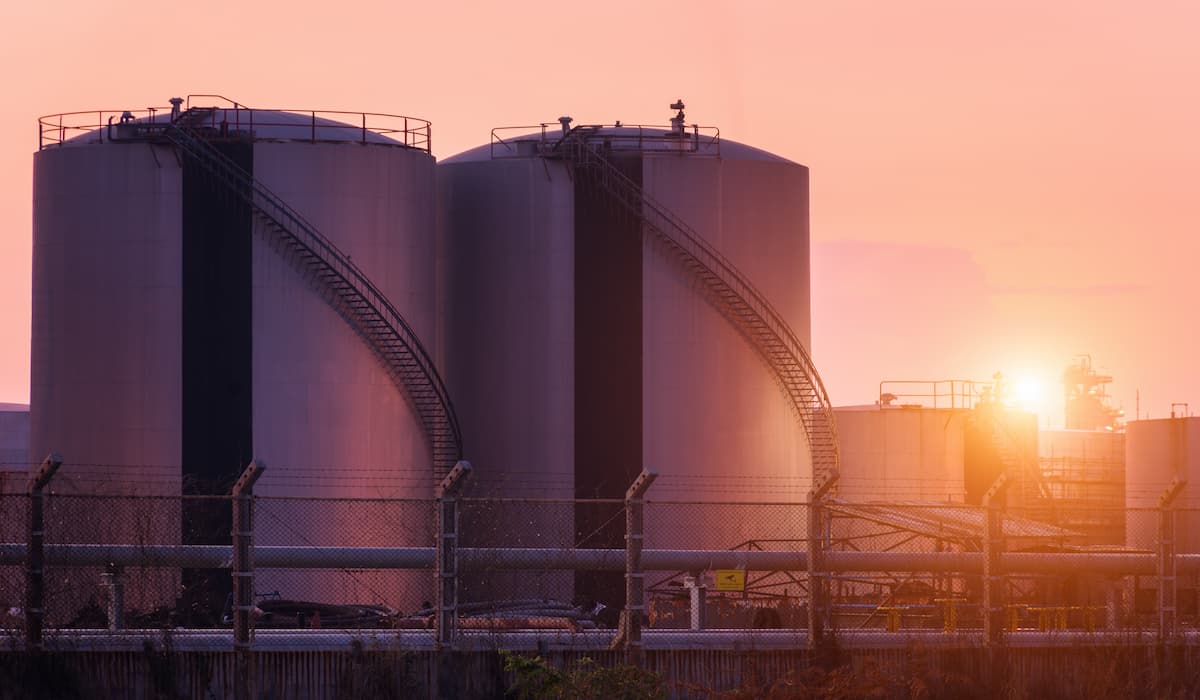星期三 Feb 12 2025 18:01

6 最小

On a day when financial markets showed mixed trends, the BOIL stock price surged, reflecting a sharp increase in natural gas demand. The ProShares Ultra Bloomberg Natural Gas ETF (BOIL) has seen an impressive 13% jump this week, driven by an impending winter storm that threatens to disrupt energy supplies. With forecasts predicting severe cold weather affecting 80 million Americans, demand for heating fuels has skyrocketed, pushing the BOIL stock price higher.
Meteorologists have warned of two significant winter storms, set to impact the U.S. this week. The first storm, which began Tuesday, has already brought heavy snow and ice to major regions like Washington, D.C., Baltimore, and parts of western North Carolina. Virginia has even declared a state of emergency in anticipation of hazardous conditions.
As the initial system weakens, another storm is expected to intensify, sweeping across the Midwest and into the Northeast by Wednesday night. This second wave could further disrupt travel and power supply, putting additional pressure on natural gas reserves. The BOIL stock price has responded sharply to these developments, reflecting the market’s sensitivity to severe weather conditions.
Historically, harsh winters lead to increased heating demand, which in turn drives up natural gas consumption. Supply chains can become strained, particularly if energy infrastructure—such as pipelines or processing plants—faces disruptions. Given these factors, BOIL stock price has continued its upward trajectory, reinforcing the ETF’s reputation as a high-risk, high-reward investment during volatile periods.
Beyond weather-driven fluctuations, BOIL stock price has been influenced by broader political developments. The 2024 U.S. presidential election has injected further volatility into energy markets, with natural gas prices surging in anticipation of favorable fossil fuel policies. The non-leveraged United States Natural Gas ETF (UNG) has also climbed 45% in the last three months, indicating strong investor sentiment in the sector.
The new administration has already reversed previous restrictions on liquefied natural gas (LNG) exports, a move designed to boost domestic production and stabilize prices. This shift has led to increased market optimism, reflected in the rising BOIL stock price as traders anticipate expanded energy output. According to the Energy Policy Research Foundation, natural gas equities, including production and LNG-focused companies, have rallied since the election, reinforcing expectations for sector growth.
However, some analysts warn that higher domestic natural gas prices could have an inflationary effect, particularly if the upward trend continues. While increased production may bring short-term gains, prolonged price hikes could lead to higher energy costs for consumers and businesses alike. Despite this concern, the current sentiment remains bullish, with the BOIL stock price maintaining its positive momentum.
Investors considering BOIL stock price should be mindful of its leveraged nature. BOIL is a 2x leveraged ETF, meaning it seeks to deliver twice the daily performance of its benchmark. While this structure allows for significant short-term gains, it also introduces greater volatility.
Due to this high volatility, BOIL stock price movements can be unpredictable over extended holding periods. For long-term investors, this could pose risks, as leveraged ETFs are generally more suited for active trading rather than passive investment strategies. Short-term traders, however, may find BOIL stock price fluctuations an attractive opportunity, especially during times of heightened market uncertainty.
With extreme weather conditions persisting and policy shifts favoring natural gas expansion, BOIL stock price is expected to remain a focal point for investors in the coming months. As demand for natural gas remains high, factors such as geopolitical tensions, regulatory changes, and further climate disruptions could continue driving BOIL stock price volatility.
For traders and investors alike, monitoring supply chain dynamics, weather patterns, and political developments will be crucial in assessing future BOIL stock price movements. As always, market participants should consider risk management strategies to navigate the potential swings in BOIL stock price effectively.
When considering shares, indices, forex (foreign exchange) and commodities for trading and price predictions, remember that trading CFDs involves a significant degree of risk and could result in capital loss.
Past performance is not indicative of any future results. This information is provided for informative purposes only and should not be construed to be investment advice.